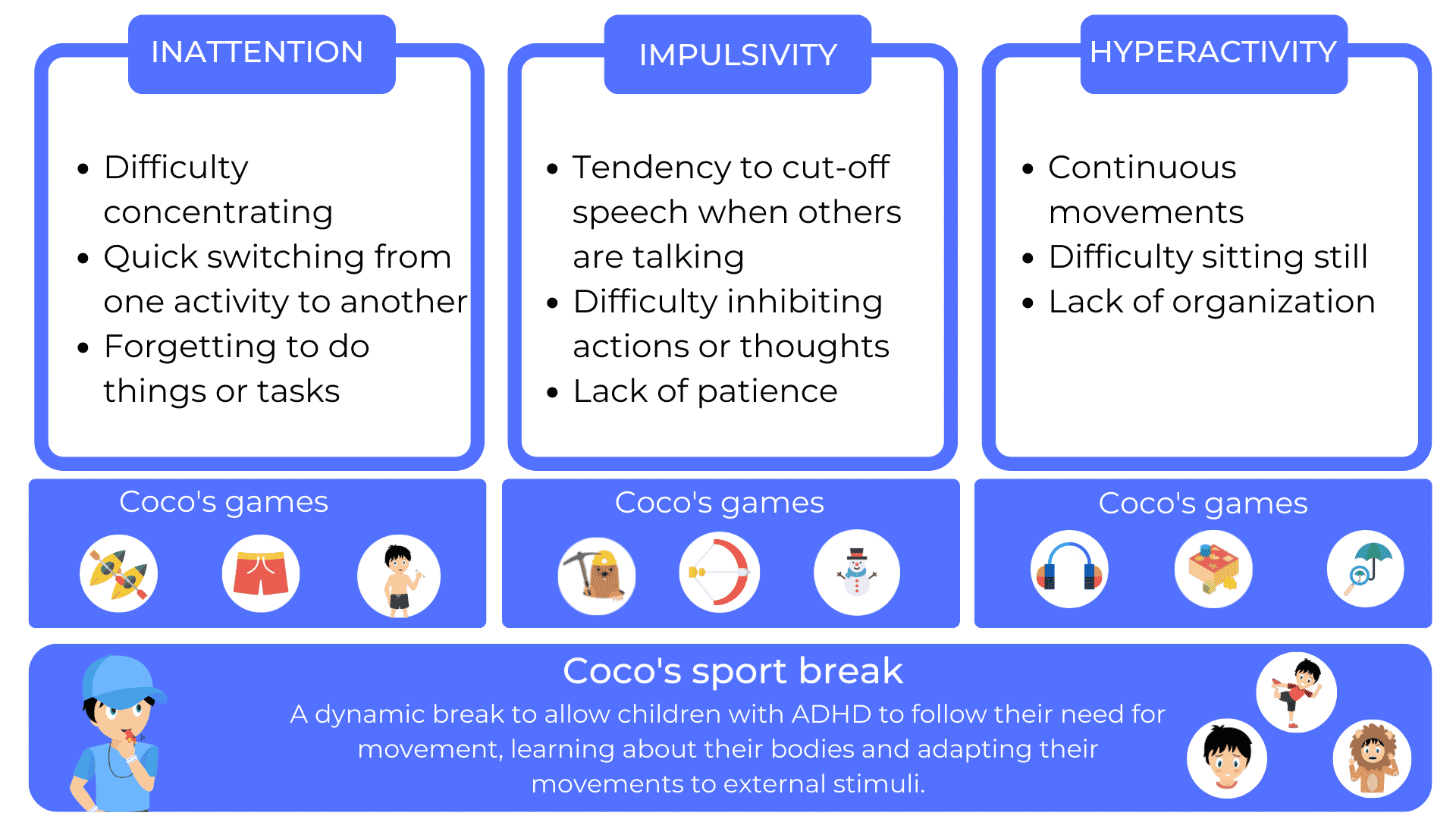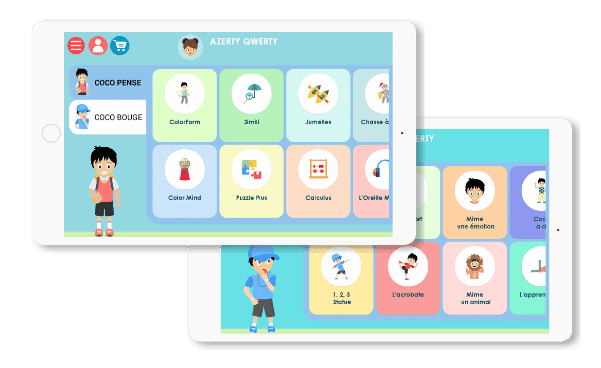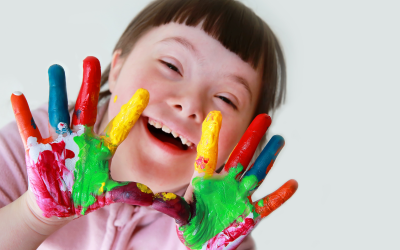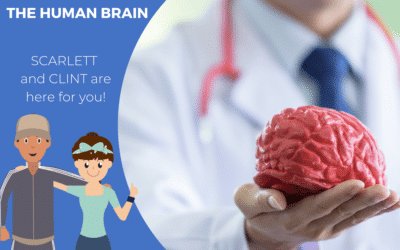ADHD, or attention deficit disorder with or without hyperactivity, is a neurodevelopmental disorder that often affects children. Symptoms may include excessive impulsivity, hyperactivity, difficulty concentrating and following instructions, and an inability to complete tasks.
Diagnosing ADHD in a child is often complex and involves several steps. Health professionals who diagnose ADHD may include physicians, psychologists and psychiatrists
Why is it necessary to collect a child’s developmental history?
Gathering the child’s developmental history is a crucial step in the ADHD diagnostic process. This involves gathering information about the child’s key developmental milestones, including medical history, family history, and environmental factors that may contribute to the child’s symptoms.
It is important to gather this information because ADHD is often diagnosed at an early age, and the symptoms may overlap with other disorders, such as autism, depression or anxiety. The child’s developmental history can help distinguish ADHD from other disorders and guide the diagnosis.
Mental Health
For example, if a child has had a history of mental health problems in the family, he or she may be more likely to show symptoms of ADHD. If a child was born prematurely or had medical complications at birth, this can also increase the risk of ADHD. Similarly, environmental factors, such as experiences of stress or trauma, can also contribute to ADHD symptoms.
Understanding the symptoms
By gathering information about the child’s developmental history, health professionals can better understand the child’s symptoms and help diagnose ADHD accurately. It can also help parents and health care professionals identify the most effective treatments to manage the child’s symptoms.
For example, if a child has a history of trauma, specific therapy may be recommended to help treat ADHD symptoms in combination with other therapies and medications.

Ultimately, taking a child’s developmental history is an essential step in the diagnosis and management of ADHD. By gathering information about a child’s medical, family and environmental history, health care professionals can help diagnose ADHD accurately and recommend the most effective treatments to help the child manage symptoms and thrive.
What are the symptoms of a child with ADHD?
Attention Deficit Hyperactivity Disorder (ADHD) is a neurodevelopmental disorder that affects approximately 5-10% of school-aged children. The symptoms of ADHD vary from child to child, but they generally manifest themselves in three main areas: inattention, hyperactivity and impulsivity.
Inattention
Symptoms of ADHD inattention may include difficulty focusing on a task, following instructions, listening or completing tasks. For example, a child with ADHD may have difficulty sitting still for long periods of time or concentrating on a book or assignment. These symptoms can lead to academic difficulties, behavioral problems and low self-esteem.

Hyperactivity
These symptoms may include constant movement, difficulty sitting still or staying still, difficulty waiting one’s turn and a tendency to be constantly on the move. For example, a child with ADHD may get up from his or her chair in class, run down the school hallways, or play with objects constantly.

Impulsivity
Symptoms come from a tendency to speak without thinking, interrupting others, taking risks or acting before thinking. For example, a child with ADHD may interrupt others in class, act without thinking about the consequences, or make impulsive decisions.
It is important to note that the symptoms of ADHD can vary depending on the age of the child. Symptoms of hyperactivity may be more common in young children, while symptoms of inattention may be more common in adolescents. Symptoms can also vary in intensity and duration, depending on environmental and individual factors.

ADHD symptoms can have a significant impact on a child’s daily life. It is important to consult a health care professional if symptoms of ADHD are suspected in order to receive proper assessment and treatment.
What assessments should be done to determine if a child has ADHD?
The diagnosis of ADHD requires a thorough evaluation by a qualified health care professional, such as a pediatrician, psychiatrist or psychologist. The evaluation should include a comprehensive clinical assessment, including the child’s medical and developmental history, behavioral observations, psychological testing, and assessments of academic and social functioning.
Assessment of symptoms
The first step in the diagnostic process is to assess the child’s symptoms. Common symptoms of ADHD include hyperactivity, impulsivity and inattention. The health care provider may ask questions about current symptoms, their frequency and severity.
Developmental and medical history assessment
The health care professional will also be able to assess the child’s development, including physical and cognitive growth, and medical history. This may include a family history of ADHD or other mental disorders, a history of head injuries, or other known health problems.
Evaluation of daily functioning
Assessment of the child’s daily functioning is also important to determine the impact of ADHD symptoms on his or her daily life. The health care provider may ask about the child’s behavior at home and at school, as well as his or her relationships with others.
Psychological evaluation
The health care provider may also recommend a psychological evaluation for the child, which may include cognitive testing and behavioral assessments. These tests can help confirm the diagnosis of ADHD and assess other mental health issues that may be contributing to the child’s symptoms.

Diagnosis and treatment plan
Once all assessments have been completed, the health care provider can make a diagnosis of ADHD if the diagnostic criteria are met. They will then work with the family and educational team to develop an individualized treatment plan to help the child manage his or her symptoms. This may include a combination of behavioral therapies, medication and educational support.
It is important to note that the process of diagnosing ADHD may vary depending on the individual needs of each child. It is therefore essential to work closely with health care professionals to obtain an accurate diagnosis and develop an effective treatment plan.
How can I support a child with ADHD at home and at school?
Structuring the environment
Children with ADHD often have difficulty focusing and staying organized. To help them, it can be helpful to structure the child’s environment by creating a quiet, orderly study space with a clear schedule and well-defined routines.
Promote social interaction
The main people involved may have difficulty forming social relationships. To help them, it is important to give them the opportunity to participate in social activities, such as clubs or sports, where they can make friends and feel included.
Encourage physical activity
They often have energy to spare. Encouraging them to participate in regular physical activities, such as sports, can be helpful in channeling their energy and improving their concentration.
Use visual reminders
These children often have difficulty remembering verbal instructions. To help them, it can be helpful to use visual reminders, such as written task lists or responsibility charts.

Encourage the involvement of parents and teachers
Parents and teachers can play an important role in the success of children with ADHD. It is important to involve them in the treatment process and work collaboratively to develop effective action plans to help the child at home and at school.
It is important to remember that each child with ADHD is unique and that approaches and strategies that work for one child may not work for another. It is therefore important to work closely with health care professionals and listen to each child’s individual needs to find the best support strategies.
What are the benefits and limitations of diagnosing ADHD in children?
Diagnosing ADHD in children can have many benefits and limitations, and it is important to consider all of them before making a decision.
Help and support
On the one hand, a diagnosis of ADHD can help children get the help and support they need to manage their symptoms and improve their quality of life. For example, a child diagnosed with ADHD may receive behavioral therapy to help him or her develop coping strategies to manage impulsivity and inattention. In addition, medication can help reduce symptoms and improve the child’s daily functioning.
Understanding the child’s behaviors
In addition, the diagnosis of ADHD can help parents and teachers better understand the child’s behaviors and adapt their educational approach to better meet his or her needs. For example, teachers can provide classroom accommodations to help the child stay focused and succeed academically.
Limitations and difficulties
However, there are also limitations to consider. First, the diagnosis of ADHD can be misunderstood or misused, which can lead to stigma and discrimination for the child. For example, some parents or teachers may view ADHD as a behavioral disorder or poor parenting rather than a medical condition requiring appropriate treatment.
Expensive
Finally, ADHD treatment can be expensive and time-consuming, which can be a barrier for families who have financial or health care access difficulties. In addition, some parents may be reluctant to use medication to treat ADHD because of concerns about side effects or addiction.
In conclusion, the diagnosis of ADHD in children can offer many benefits, including access to treatment and support, and understanding and adaptation of educational approaches. However, it is also important to consider the limitations and work with qualified health care professionals to obtain an accurate diagnosis and develop an appropriate treatment plan for the child.
Other articles that might interest you:
Supporting children with autism
Dynseo proposesSUPPORTING CHILDREN WITH AUTISM with COCO THINKS AND COCO MOVESDynseo and its team are very much...
Supporting DYS children with COCO THINKS and COCO MOVES
Dynseo proposesDYS disorders with COCO THINKS and COCO MOVESOur educational and pedagogical games program COCO THINKS...
Language development
Children communicate from birth with movements, crying, looking at each other or with smiles. After only a few months,...
Supporting children with Down Syndrome with Coco
Dynseo proposesDOWN SYNDROME with COCODown syndrome is a non-hereditary chromosomal abnormality that leads to the...
Supporting people after a stroke
Dynseo proposesStroke with CLINT, your brain training coachThe Dynseo team is very involved in helping people who have...
Supporting someone with Alzheimer’s
In this guide, we will detail how SCARLETT can be used for supporting someone with Alzheimer's. SCARLETT is a...
10 myths about the human brain you didn’t know
The brain is an incredible muscle, however there are many things we do not know, and what we do know is not always...
Using Digital Tools to Support Students with Special Educational Needs
Special Educational Needs (SEN) encompass a wide range of learning difficulties and disabilities that can hinder a...
Down Syndrome and Communication: Facilitating Interaction with Visual and Interactive Supports
When we think about Down syndrome, we often recognize it as a genetic condition that affects physical and cognitive...
How to Track Progress in People with Down Syndrome Using Digital Tools
Down syndrome, a genetic condition caused by the presence of an extra chromosome 21, affects approximately 1 in every...














